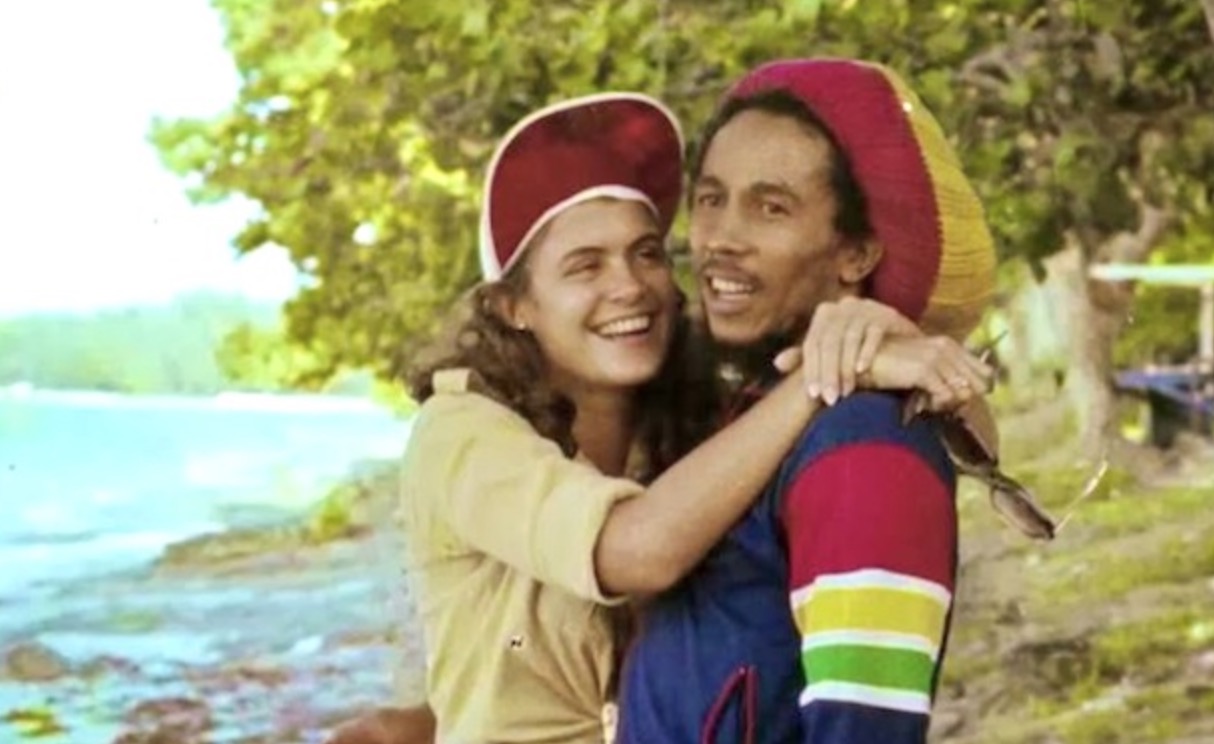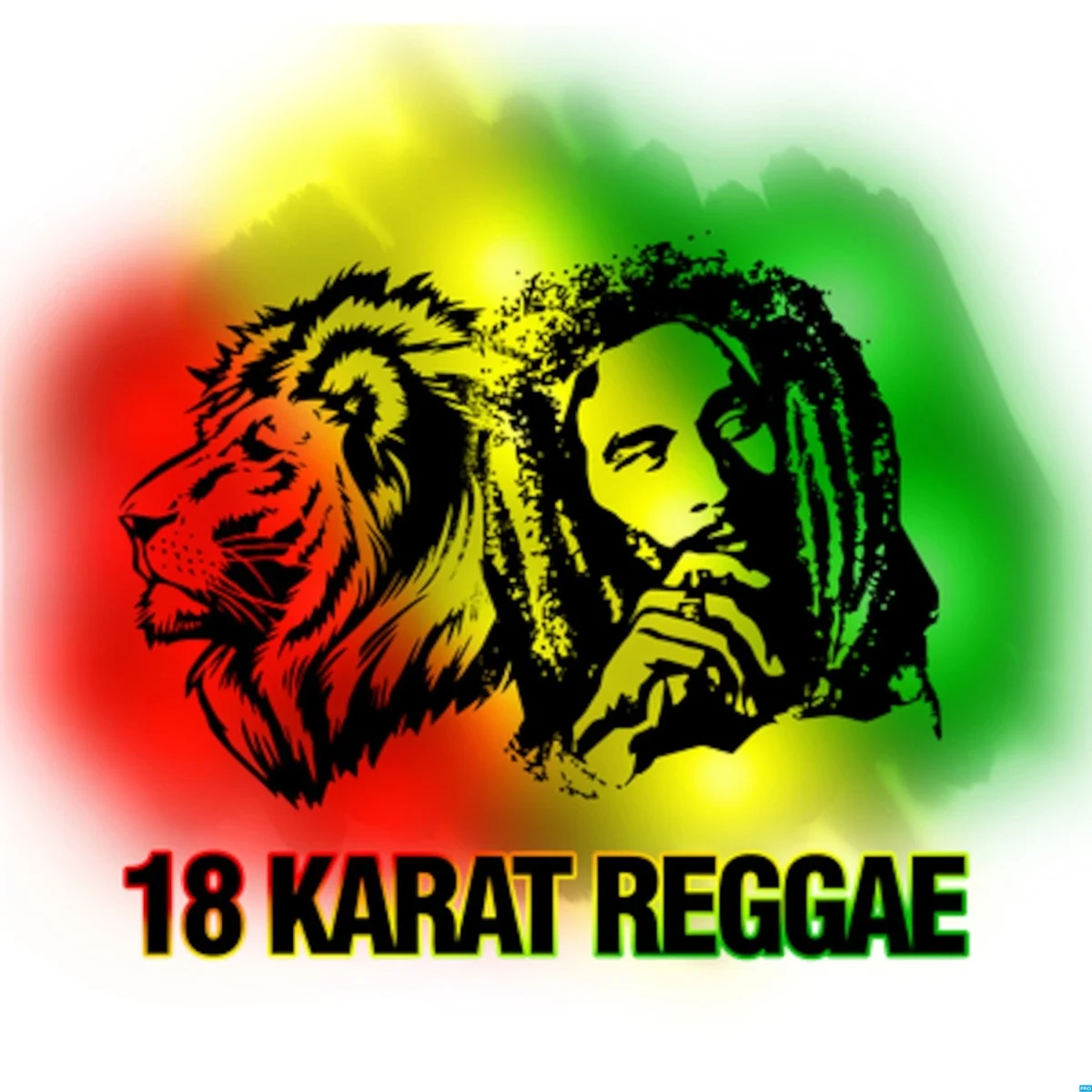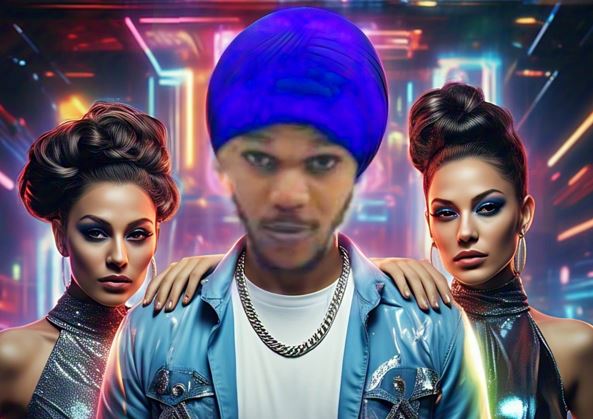Your cart is currently empty!
Could a fellow Rasta have shot Bob Marley?

In the annals of reggae history, the shooting of Bob Marley in 1976 remains a mysterious and pivotal event. While many attribute the incident to the political tensions of Jamaica at the time, a closer examination of the global context and the internal dynamics of the Rastafarian community raises intriguing possibilities. Could it be that a fellow Rasta was behind the attempt on Marley’s life?
Jamaica, in 1976, was a nation on edge, anticipating the prophesied chaos of July 7th,1977 as foretold by Marcus Garvey. The reggae scene echoed this anticipation, with songs like Culture’s “Two Sevens Clash” and Mighty Diamond’s “Right Time” amplifying the sense of impending upheaval. Meanwhile, halfway across the globe, the Soweto Massacre shook the world’s conscience, igniting protests against South Africa’s brutal apartheid regime.
The international response was swift, with countries boycotting events like the 1976 Miss World, in protest against apartheid. Jamaica joined this chorus of dissent, canceling its Miss Jamaica pageant. However, Cindy Breakespeare, the eventual winner of Miss World, controversially attended the event despite the boycott. Her decision, coupled with her comments upon return, sparked ire among black Jamaicans, who saw her actions as a betrayal of solidarity.
“I remember when I came back to Jamaica after winning Miss World, there was no crowd to greet me at the airport. It was like I was invisible. I didn’t receive the warm welcome I expected,” Breakespeare recalled.
The intrigue deepens when considering Bob Marley’s relationship with Breakespeare. Despite Marley’s advocacy for justice and equality, his romantic involvement with Breakespeare, who seemed indifferent to the plight of black South Africans, drew criticism. For the Rastafarian community, Marley’s dalliance with Breakespeare was seen as a betrayal of his principles, casting doubt on his authenticity as a voice for black liberation.
Against this backdrop of simmering tensions, Marley was shot the night before a major concert, adding fuel to the speculation surrounding the motives behind the attack. While the prevailing narrative points to political unrest in Jamaica, a closer examination reveals the possibility of internal discord within the Rastafarian movement.
Rastafarianism, with its emphasis on social justice and resistance to oppression, provided fertile ground for dissent against Marley’s perceived deviation from its principles. In this context, it is not inconceivable that a disillusioned member of the Rastafarian community, feeling betrayed by Marley’s actions, sought to silence the voice they once revered.
Interestingly, in their song “Right Time”, The Mighty Diamonds sung, “Natty dread will never run away”. meaning when things get rough, Rasta will not run. However, after Bob Marley got shot, he left Jamaica and went to live in England.
While concrete evidence linking a fellow Rasta to the shooting may be elusive, the circumstantial evidence and the simmering tensions within the Rastafarian community at the time invite further scrutiny. The shooting of Bob Marley remains a haunting reminder of the complexities of identity, ideology, and allegiance, underscoring the fragility of hero worship and the perennial struggle for authenticity in the pursuit of social change.
In conclusion, while the shooting of Bob Marley in 1976 has been predominantly attributed to Jamaica’s political climate, a nuanced analysis reveals the potential role of internal discord within the Rastafarian community. The confluence of global events, personal relationships, and ideological fissures suggests that the assailant may have been closer to Marley than previously imagined. As the investigation into this pivotal moment in reggae history continues, the quest for truth and justice remains as urgent as ever.
[Note: While the information provided in this article is based on factual events, the speculation regarding the involvement of a fellow Rasta in the shooting of Bob Marley is purely hypothetical and speculative.]
Click the video tab above to listen to the songs “Two sevens clash” by Culture, and “Right Time” by Mighty Diamonds.





